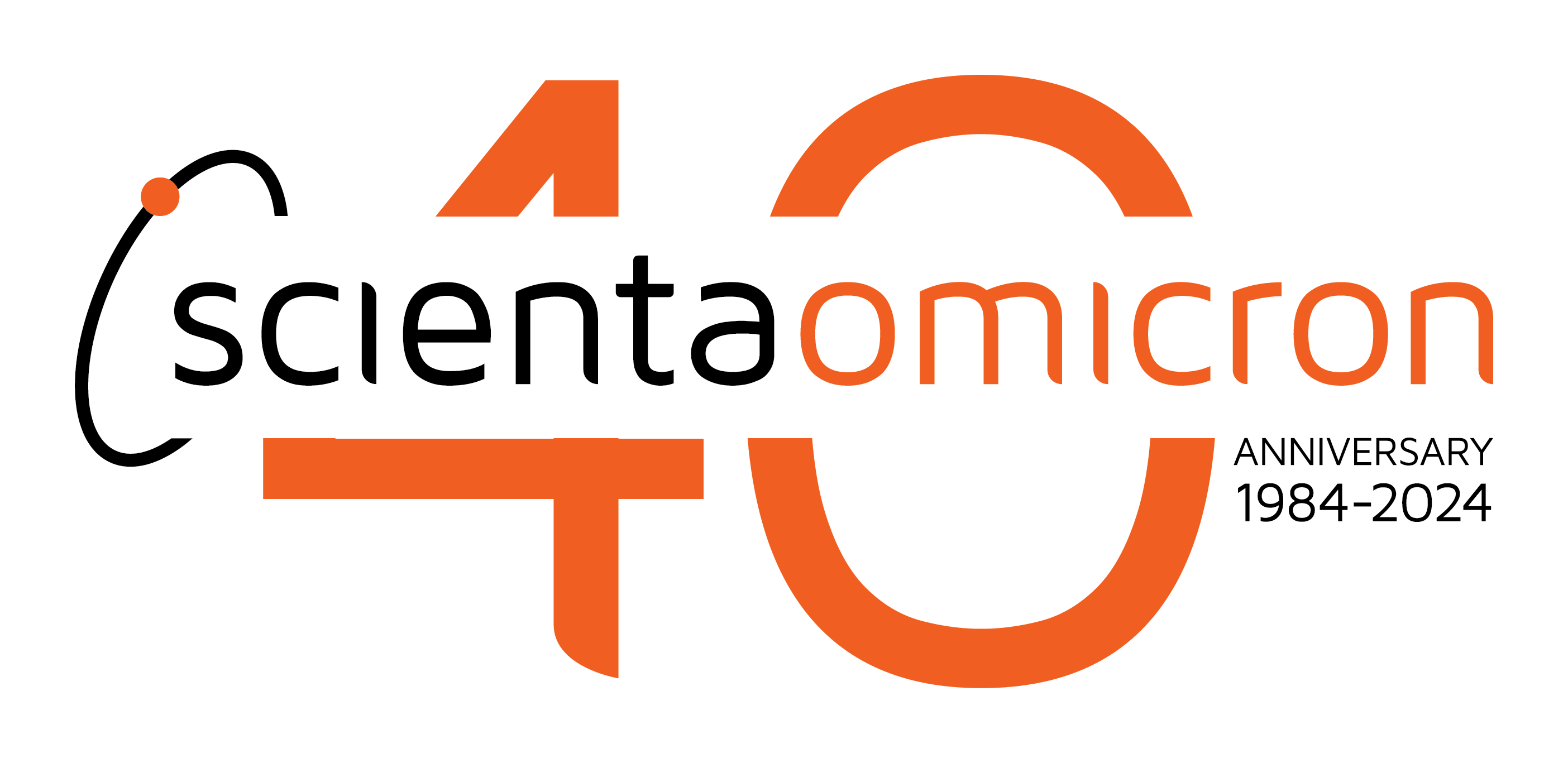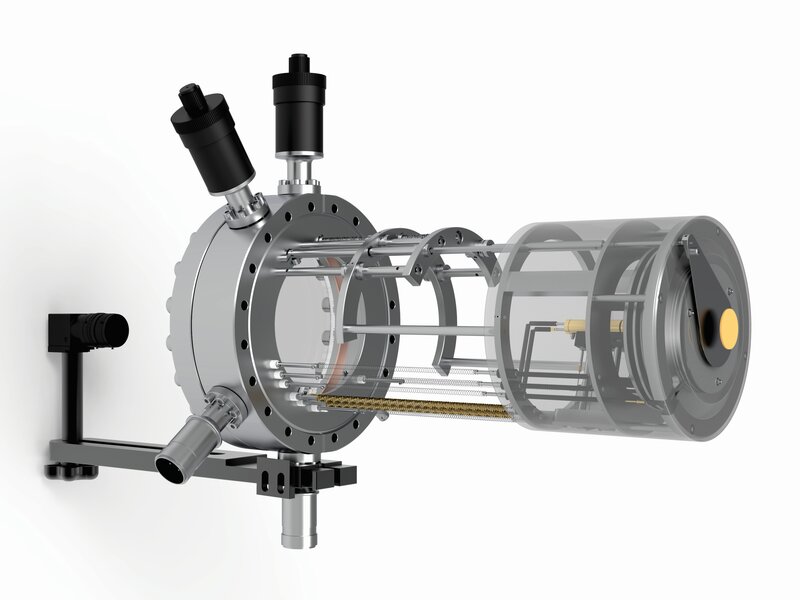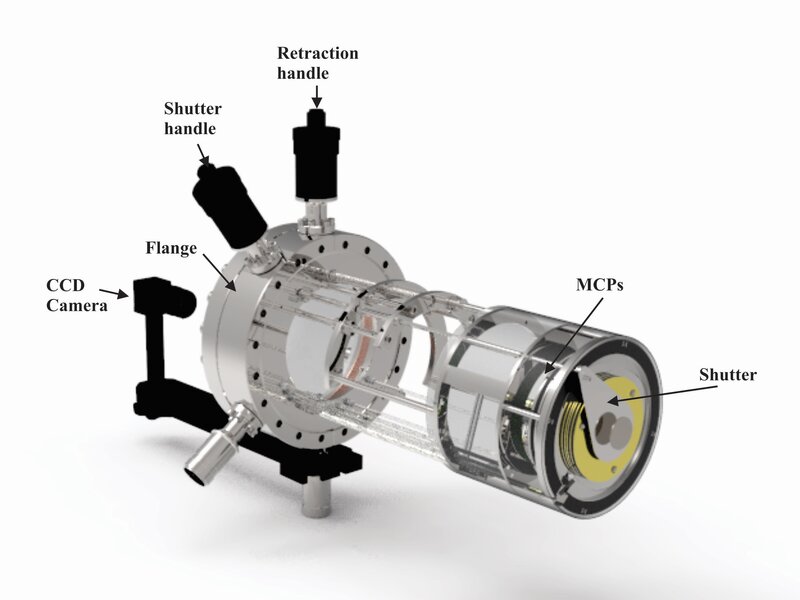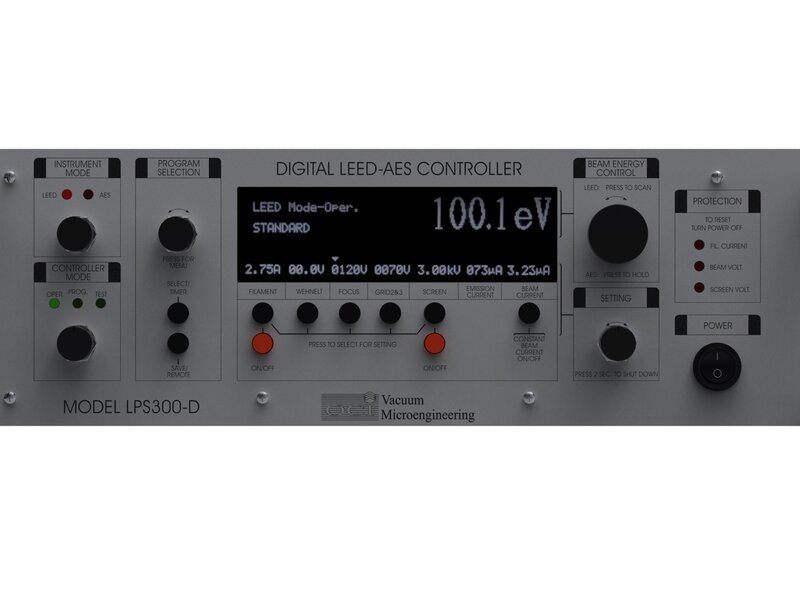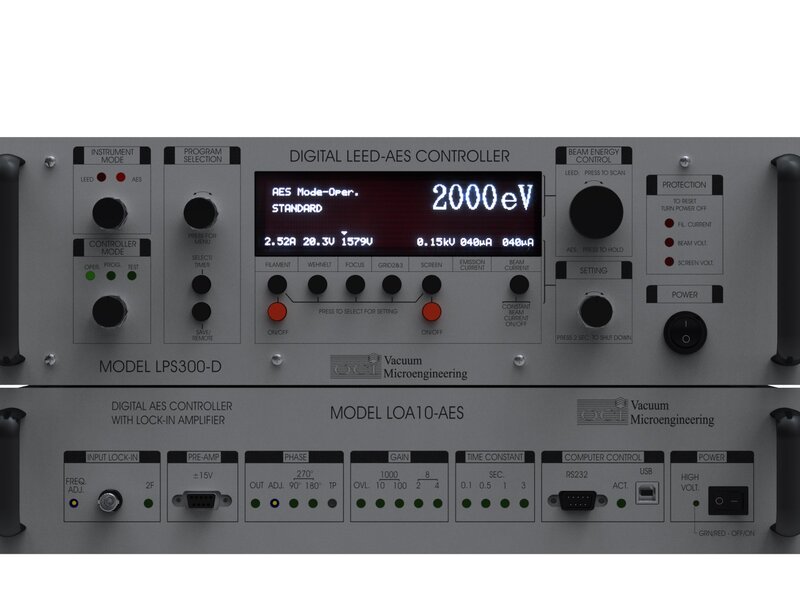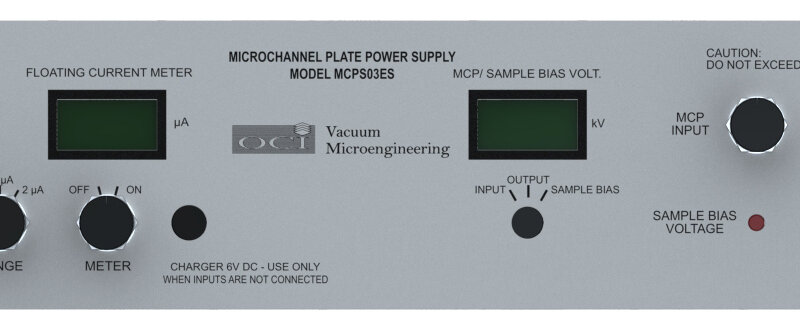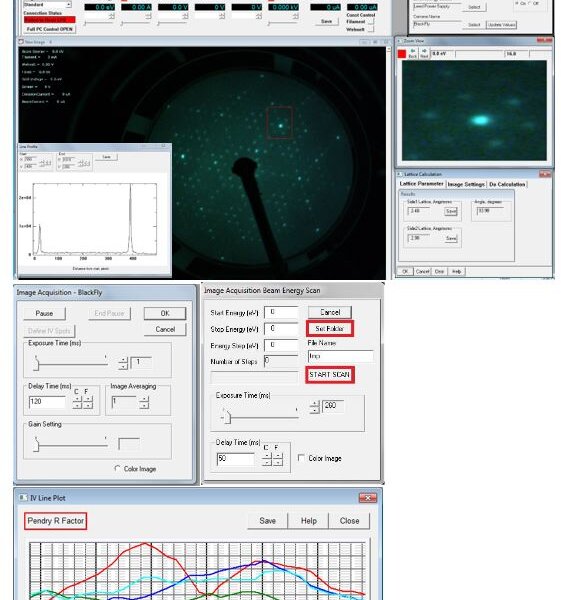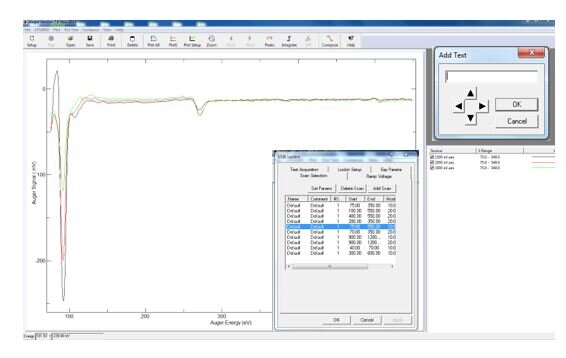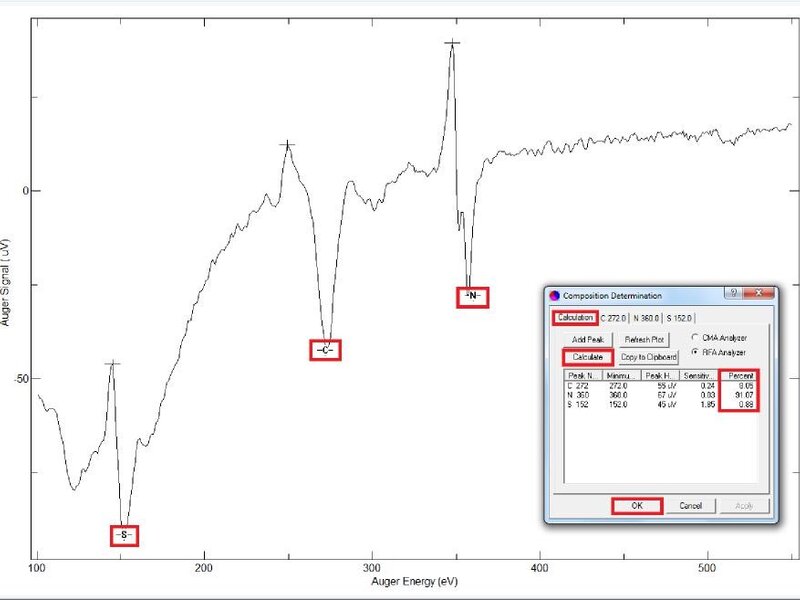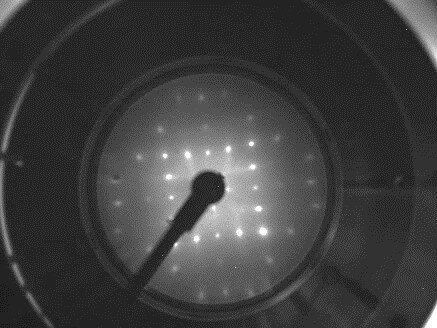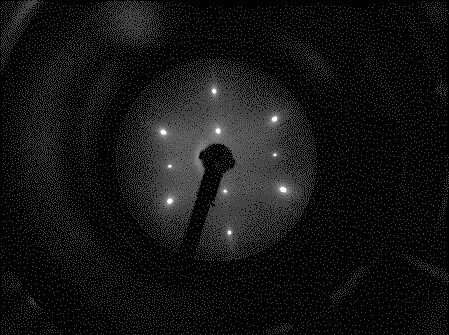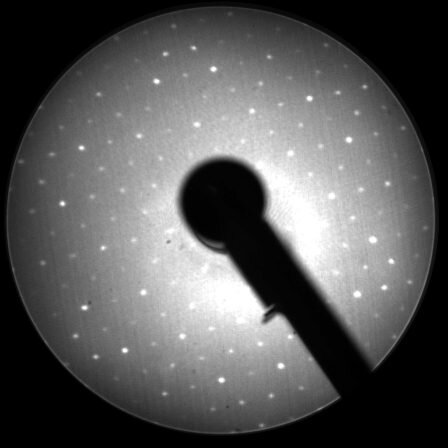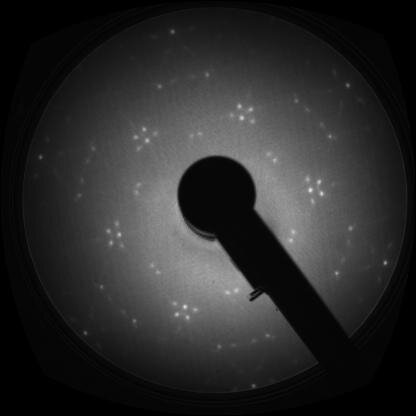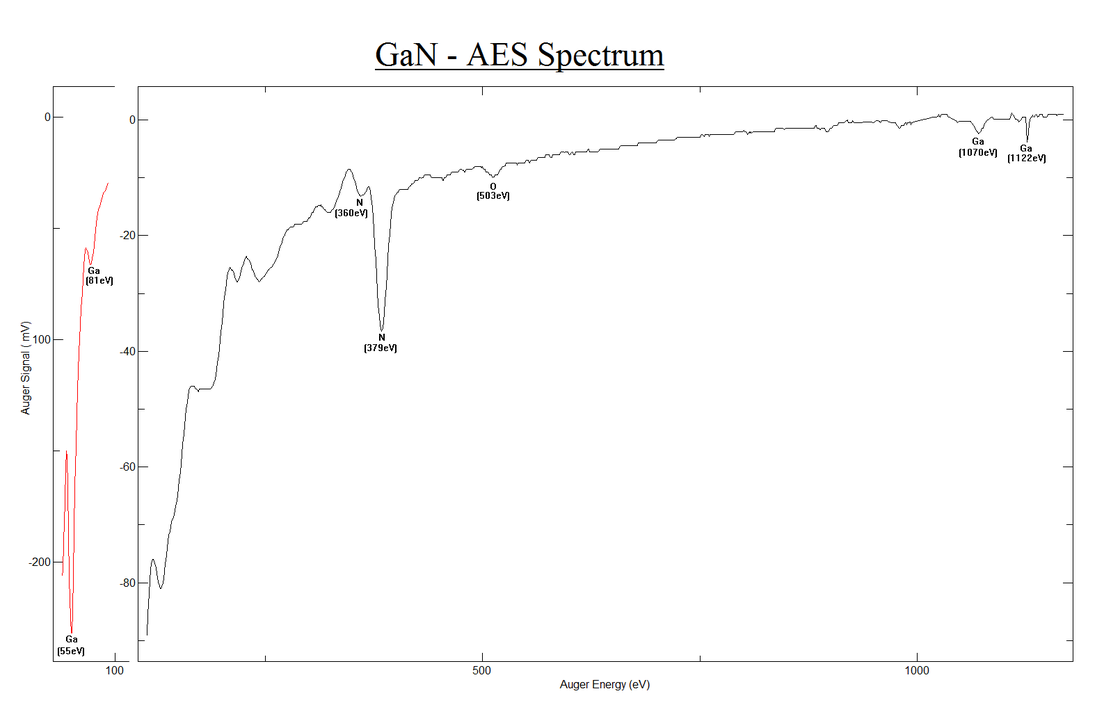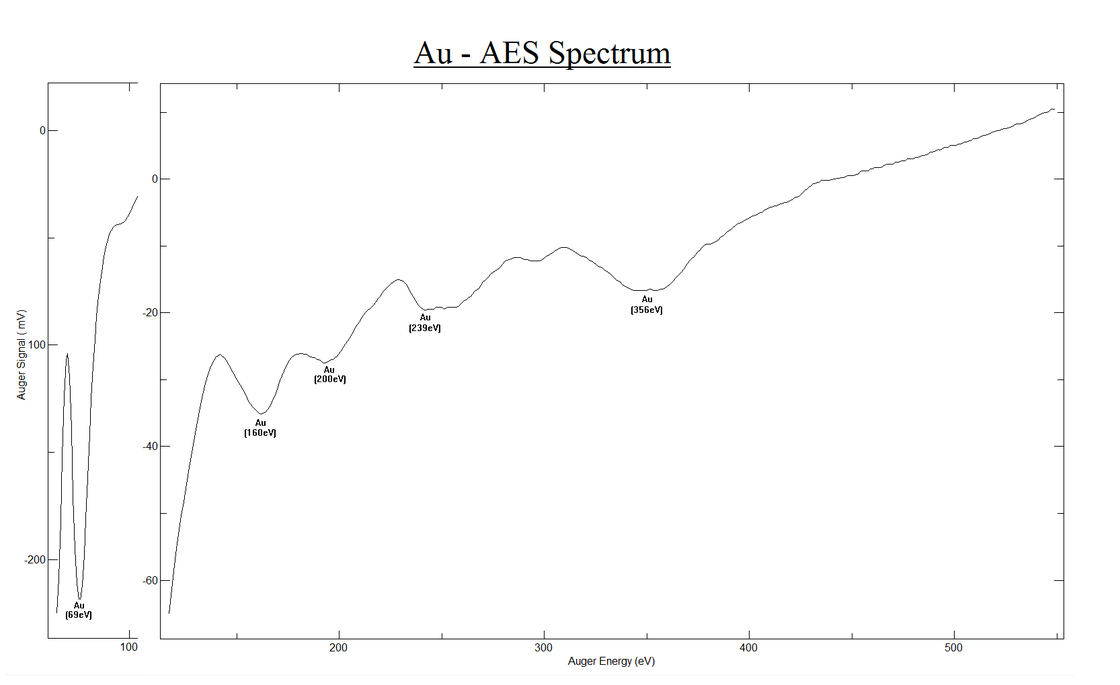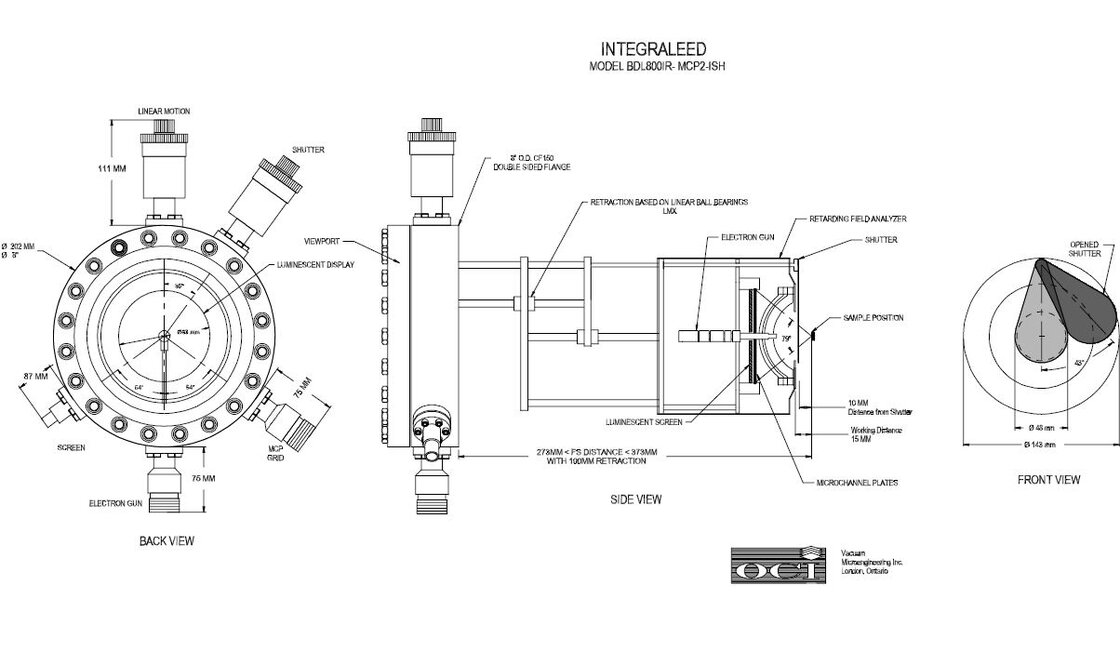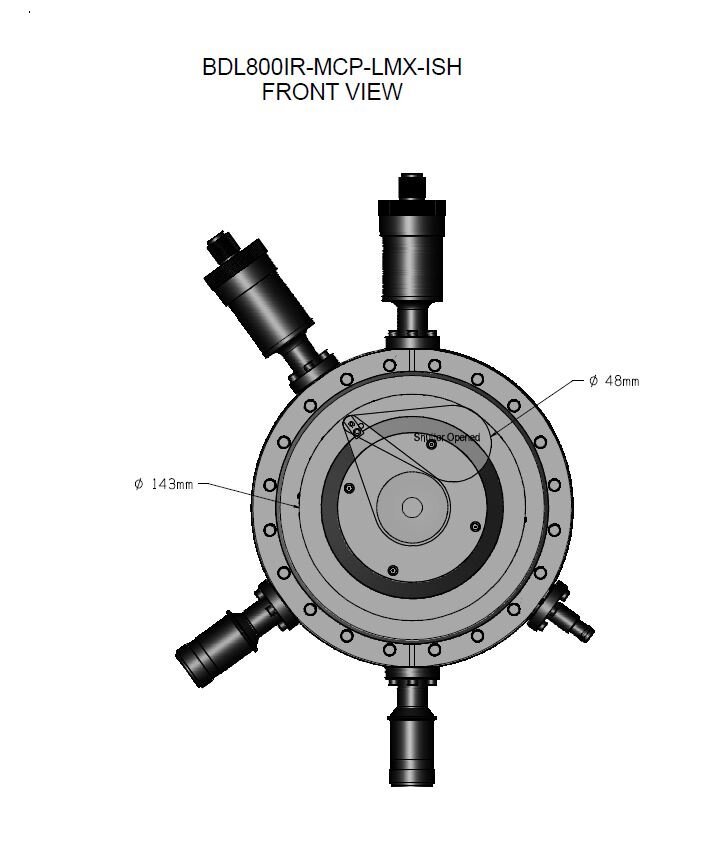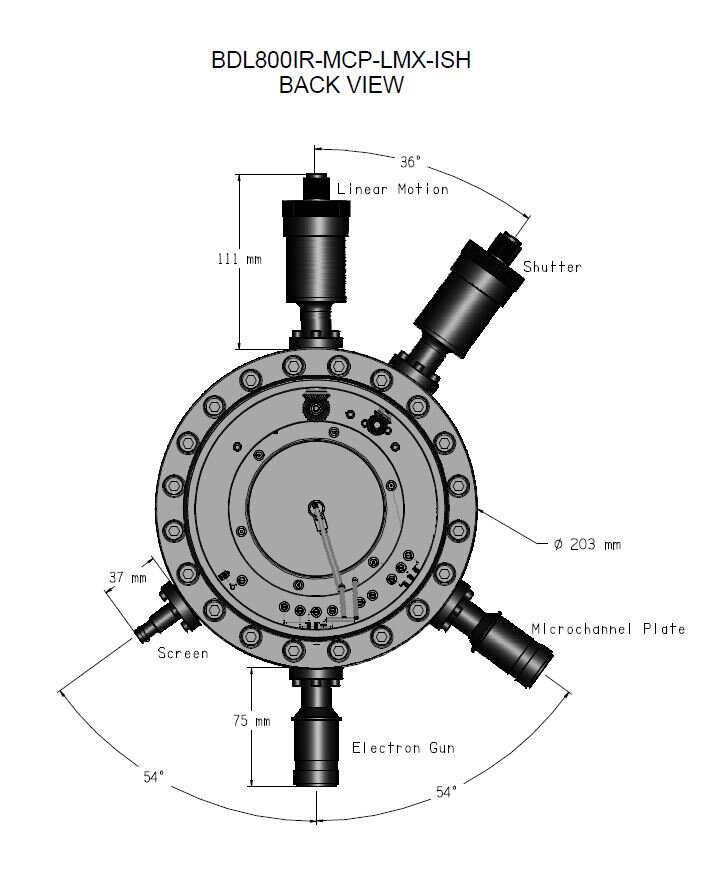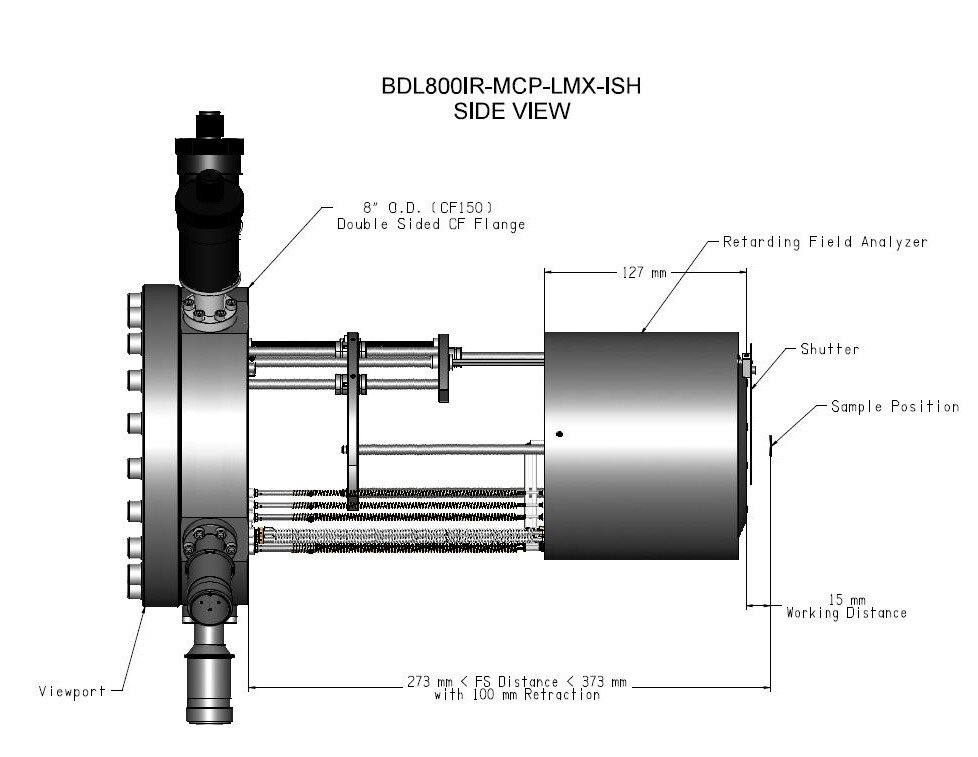LEED 800 MCP
LEED for Organic Films & Molecular Beam Epitaxy
- High Image Sensitivity at the Primary Beam Current – 50 pA
- Single/Dual 75 mm Microchannel Plates
- AES at Beam Current 50 µA – 10 µA
- Large Angle (101°) Fluorescent LEED Display and superior magnetic shielding
- Miniature electron gun with large coherence width double focusing
- Suitable for ESDIAD
- Convenient LEED Image Capture with External CCD Camera
- Simple and Powerful Operation with Digital Controller
The LEED 800 MCP with integral shutter has LEED and AES capabilities using a miniature electron gun, set of concentric grids and a conductive, phosphor coated screen. In addition, this optic model incorporates the high gain of microchannel plates.
It is an extremely reliable high-performance LEED instrument which operates with up to date digital power supply. The retraction mechanism has outstanding mechanical properties ensuring smooth day-to-day operation as experienced by our large user base over decades. The wide viewing angle (101° at 75 mm sample distance) and minimal shadowing of the screen by the miniature electron gun give a maximum visible LEED pattern.
More Information
LMX length calculation for LEED 800 MCP (model BDL800IR-MCP):
FS = 158 mm + 2LMX – OV + WD; where FS is the flange to sample distance, LMX is the retraction distance, OV is the overlapping distance, WD is the working distance and the 158 mm value is a constant related to this optic model.
If the calculated FS value is longer than the actual port length a nipple adapter can be added as a spacer between the LEED optics and the UHV chamber. The nipple length can be calculated as follows:
NL = FS – PL; where NL is nipple length and PL is port length.
Configuration Guide and Specifications
The LEED 800 MCP optics is controlled using either a LPS075-D or LPS300-D power supply. The LPS075-D is used to operate the optic in LEED mode only whereas the LPS300-D in conjunction with the LOA10-AES lock-in controller and AUS30 input coupler is used to operate the optics in LEED and AES modes. Integral shutter (model ISH-8) and LaB6 filament (model LaB6) are further options. The MCPS01/02 controllers are used for operation of the microchannel plates.
Please contact us for the detailed Configuration and Specification Guide.
Specifications
Fused silica coated with indium-tin oxide conductive layer and P31 phosphor (ZnS:Ag:Cu-green, 525 nm wavelength)
101° angle of acceptance from sample at a distance of 75 mm
Concentric assembly of hemispherical grids
20 mm from sample
Gold coated tungsten wire mesh (100 mesh, 81 % transparency)
0.2 % - 0.5 % at low modulation voltages
8" standard viewport
Up to 100 mm retraction from sample; linear ball bearing and acme thread with all spring electr. connections
Manual shutter driven by rotary feedthrough
Mu-metal cylinder with front cover for maximum attenuation
Extreme-high-vacuum compatibility with stainless steel, high alumina and Au-plated copper alloy materials
8"(CF150) double sided conflat flange with sample distance 145 mm – 400 mm
Under vacuum, 250 °C maximum
–
LEED – 2 µA at 100 eV and 0.5 mm beam size, AES - up to 100 µA at 3 keV
From 1 mm to 250 µm - adjusted by Wehnelt potential, limited by exchangeable aperture down to 50 µm
Tungsten-2 % thoriated filament standard,
single crystal LaB6 filament optional
0.45 eV (thoriated - tungsten filament)
10 mm lens diameter and 80 mm length
–
75 mm
40:1
25 microns
32 microns
1.0 mm
8°
104 to 105 per plate
For full specifications and more information about product options, please do not hesitate to contact your local sales representative. Find the contact details here: Contact Us
